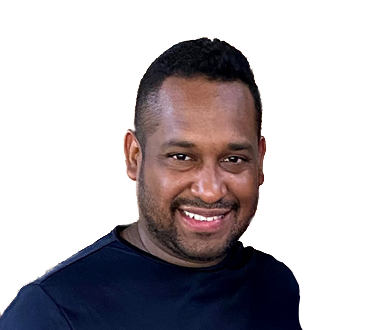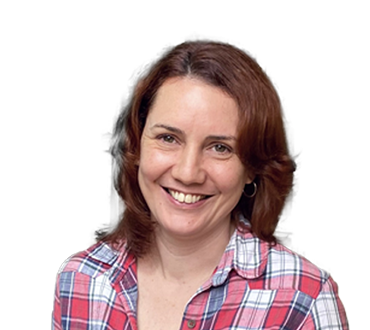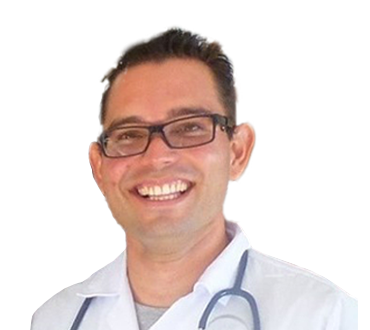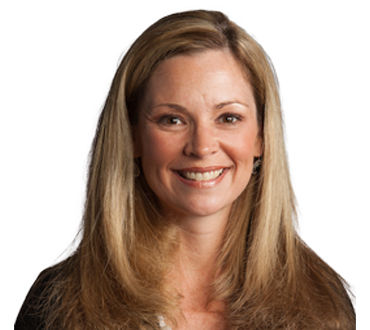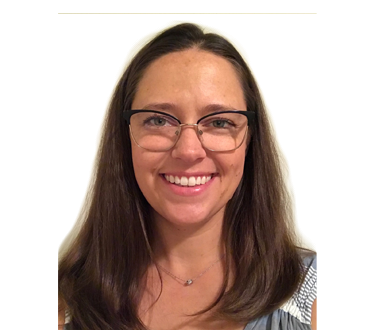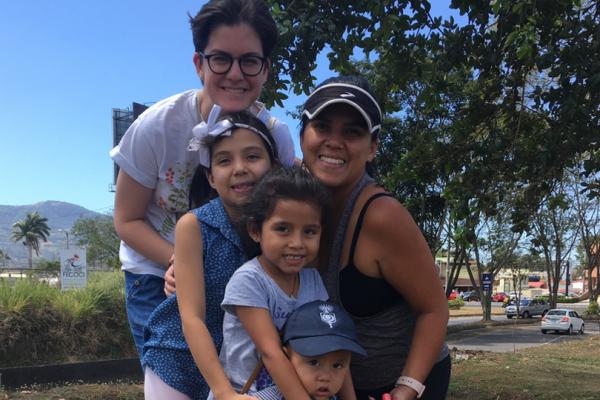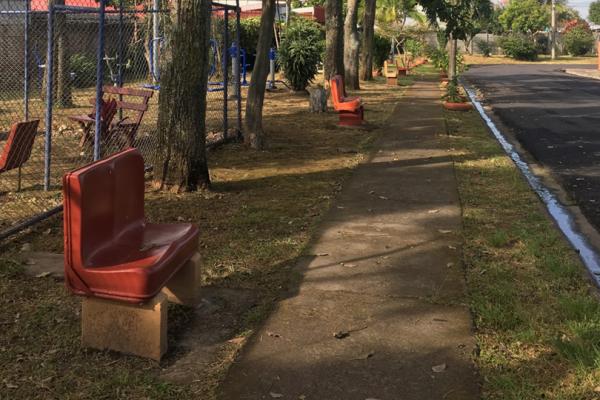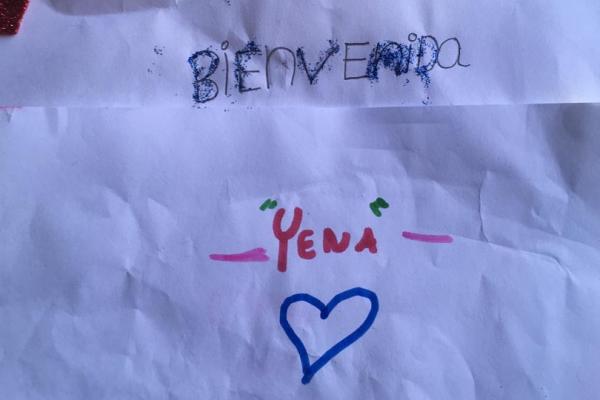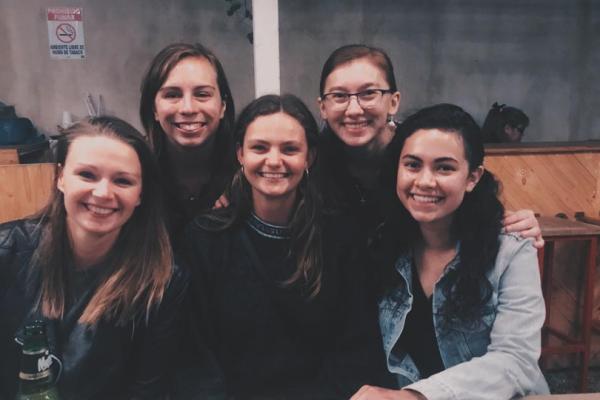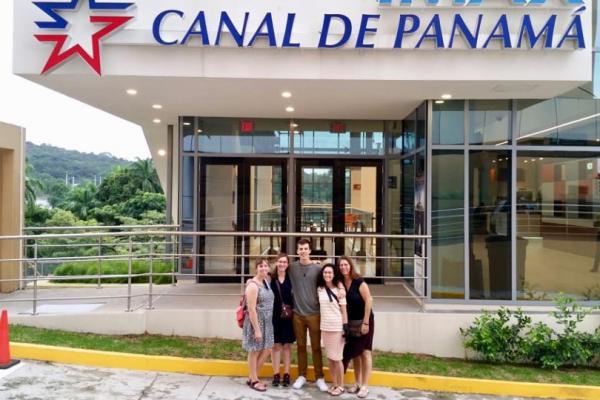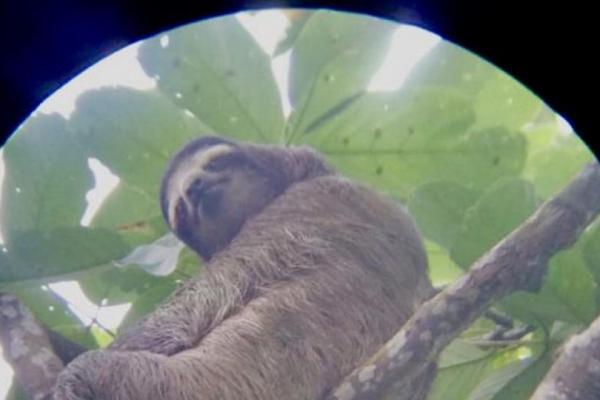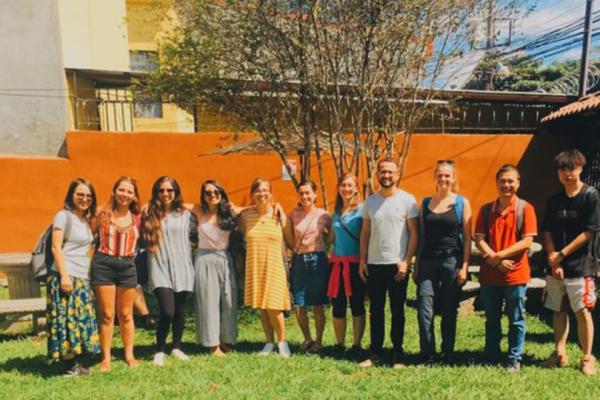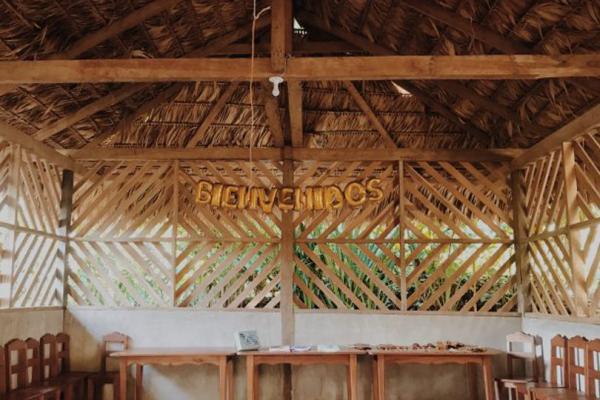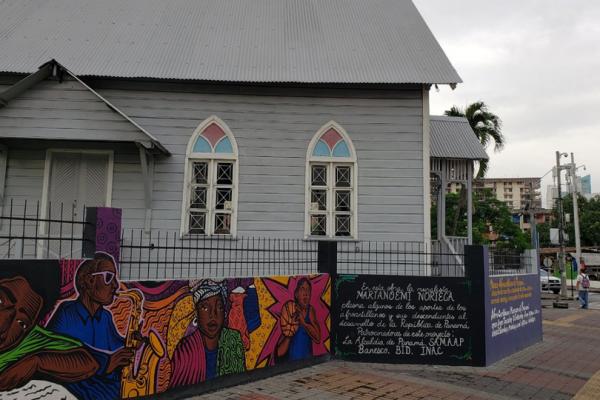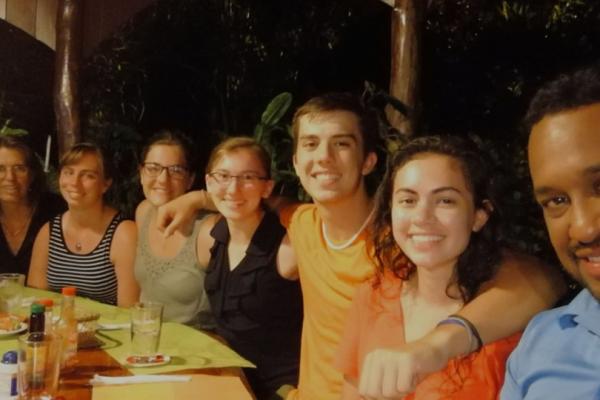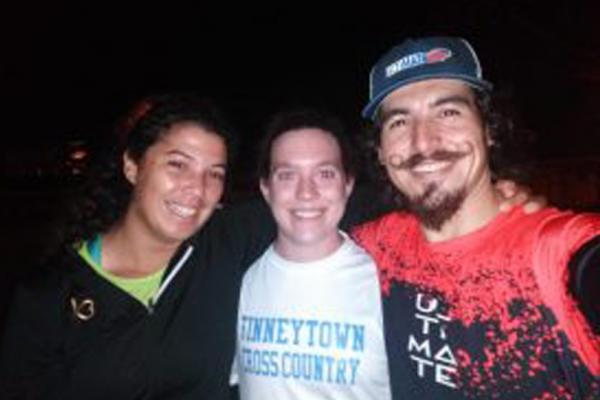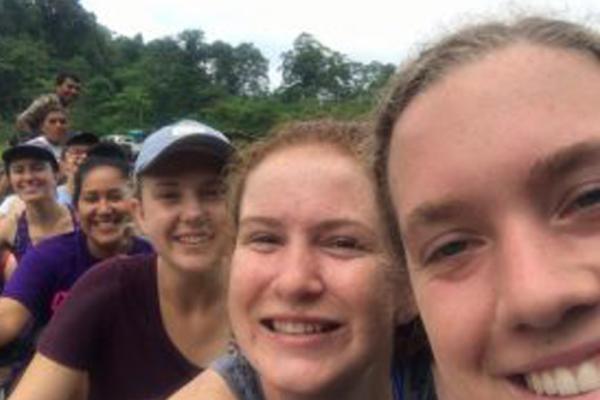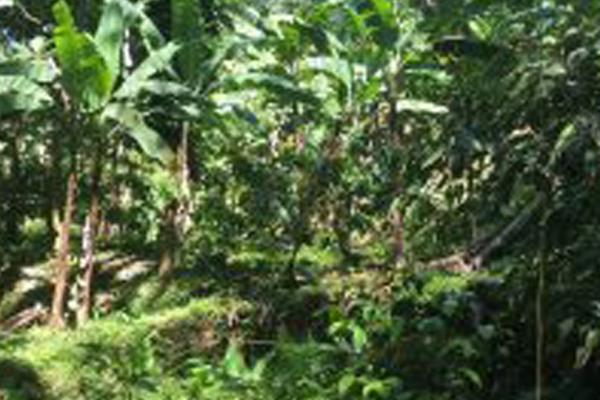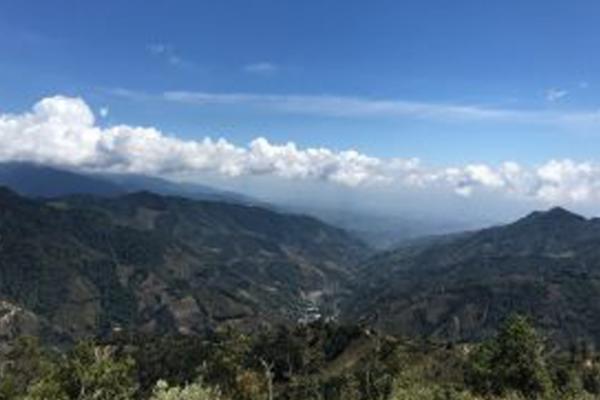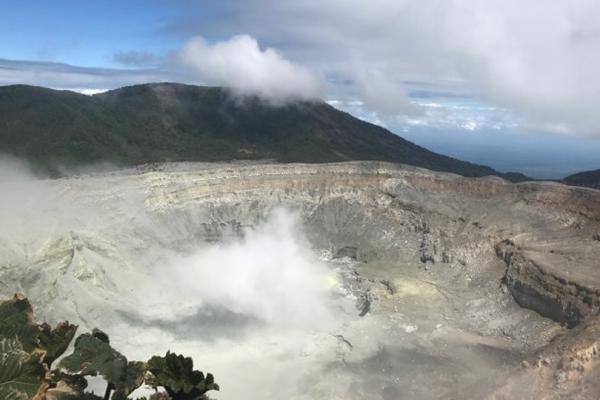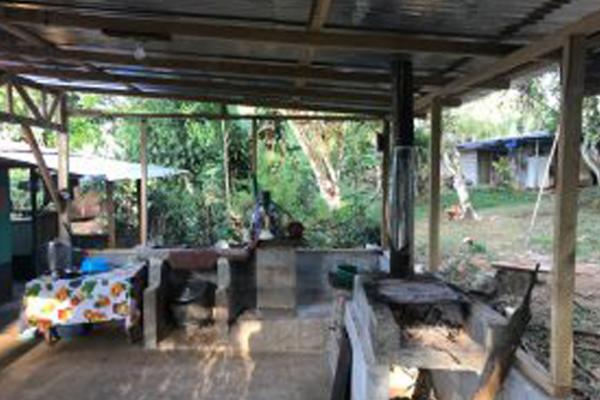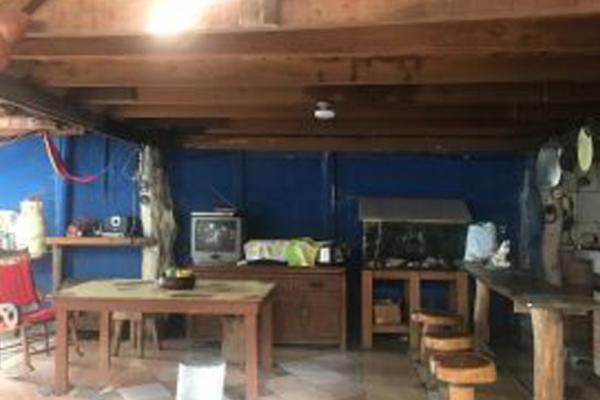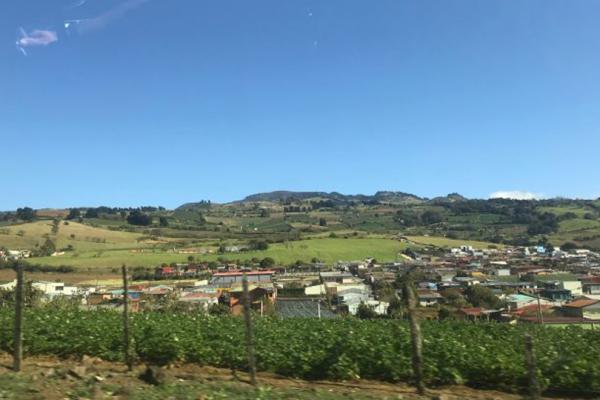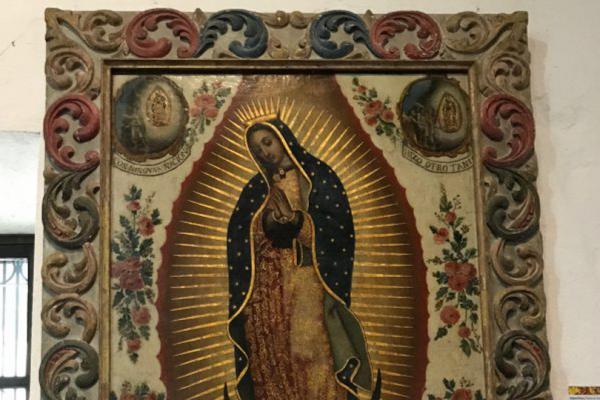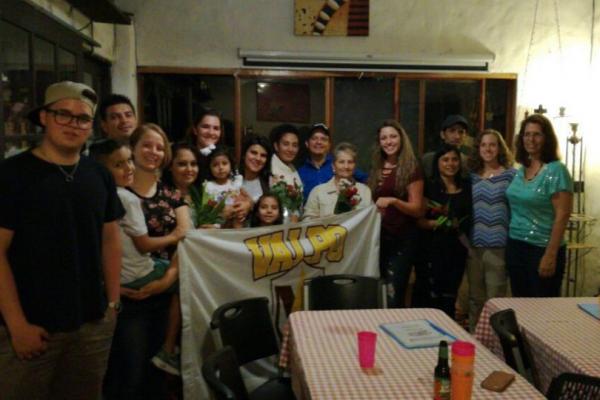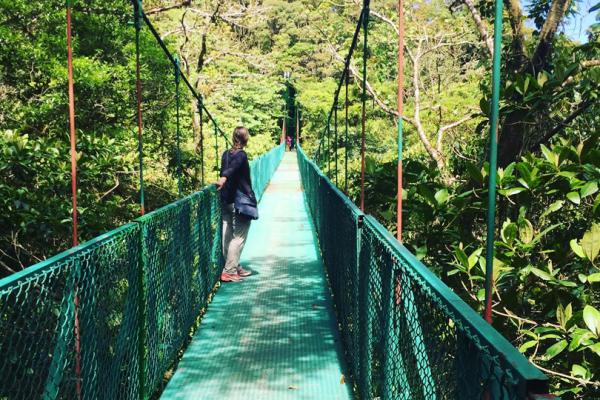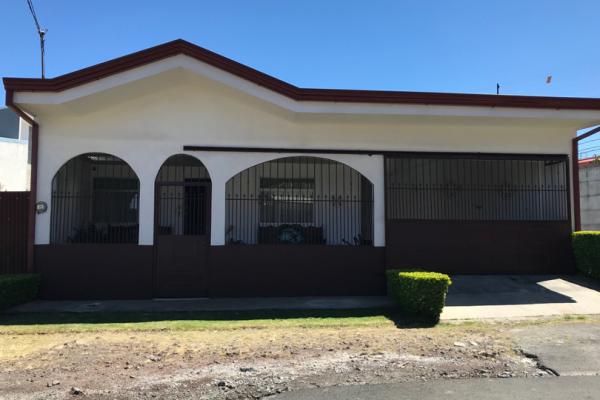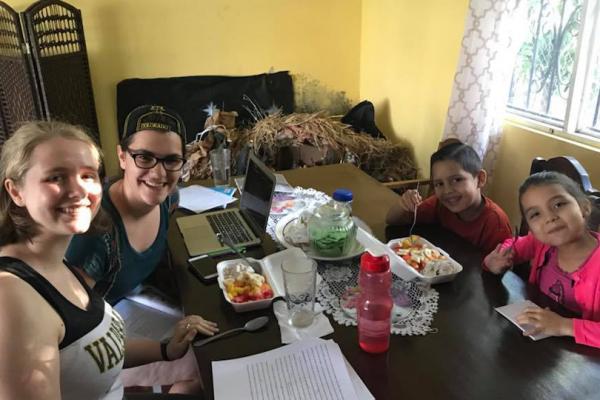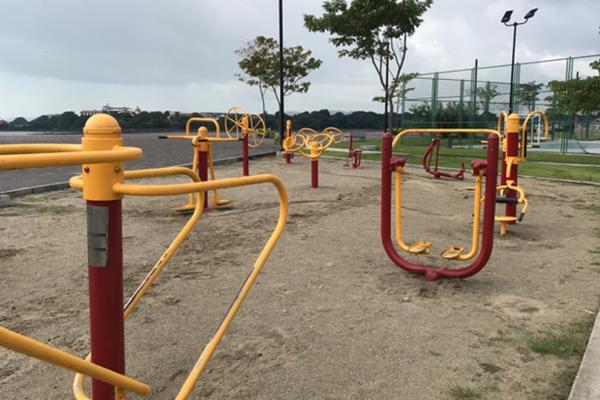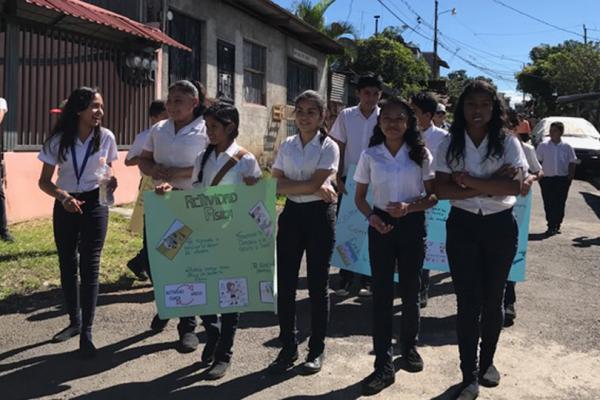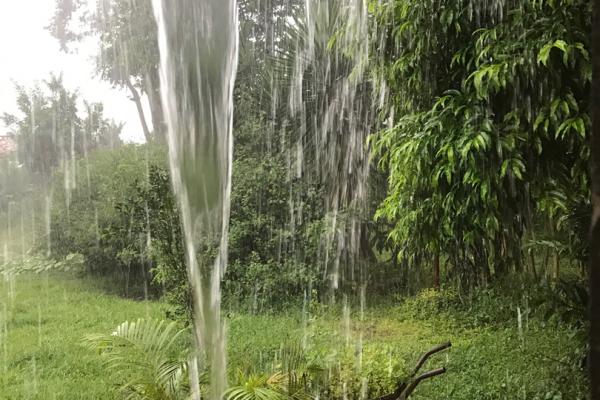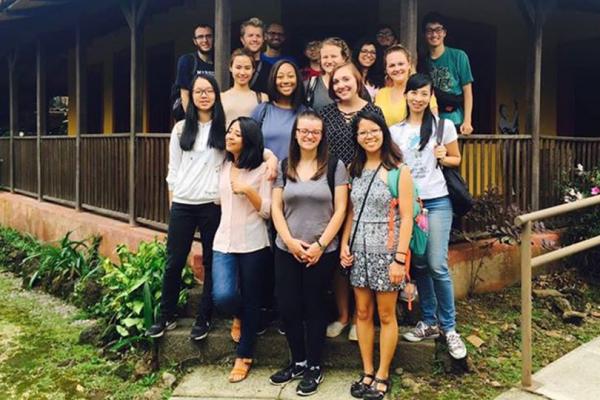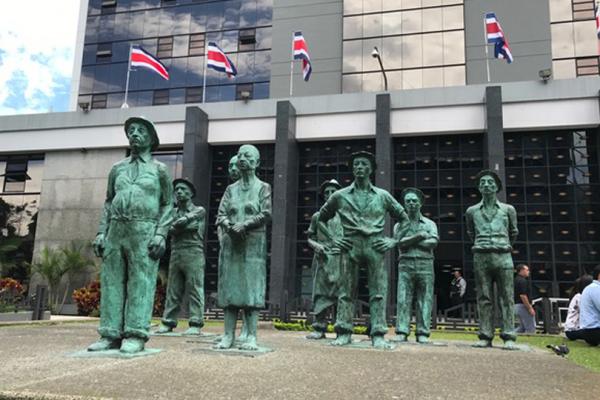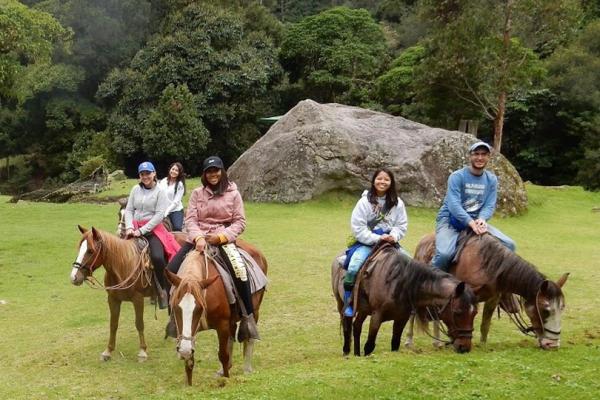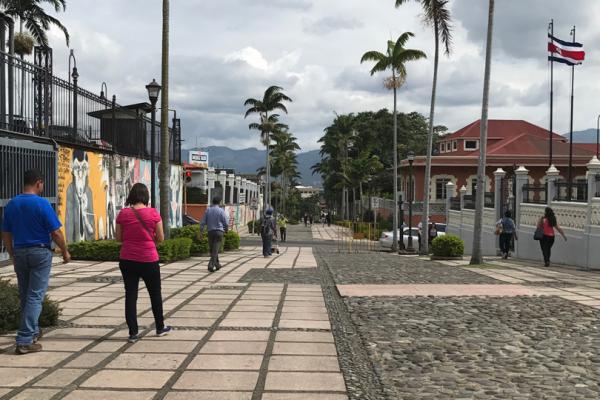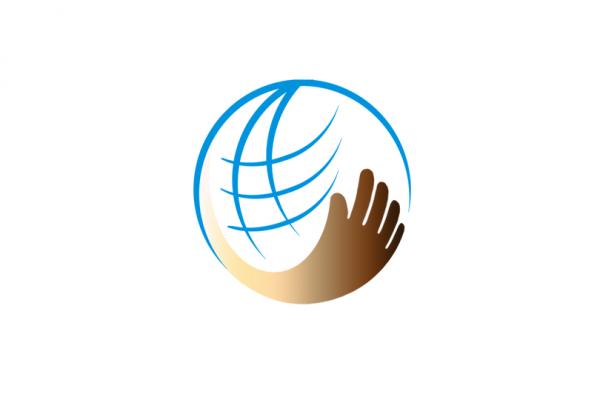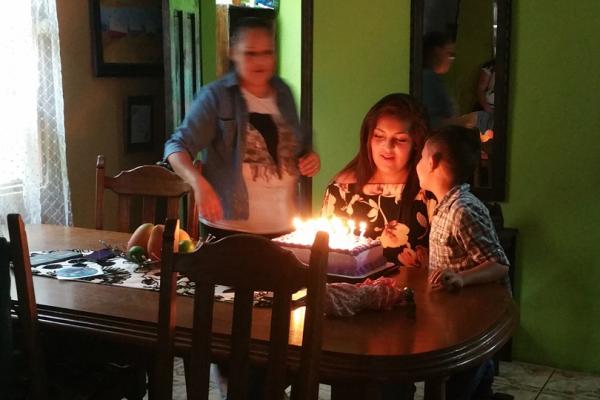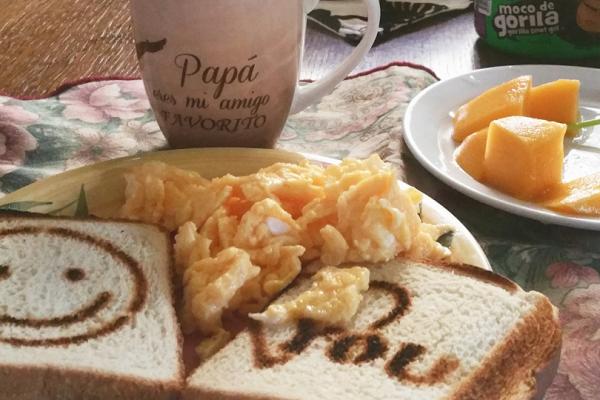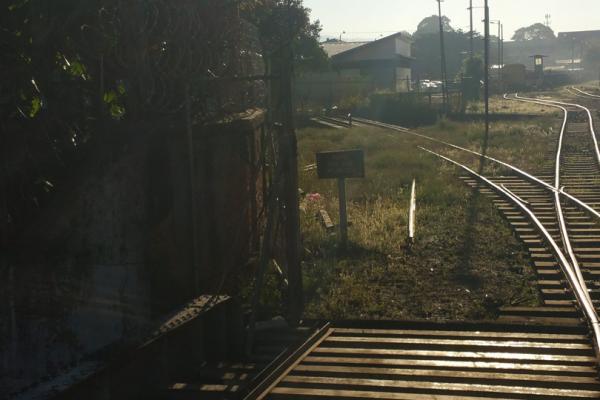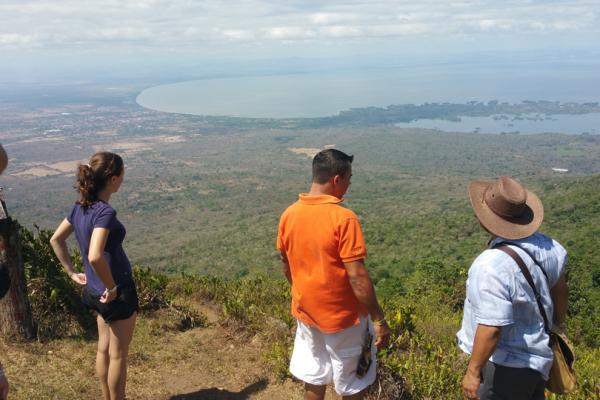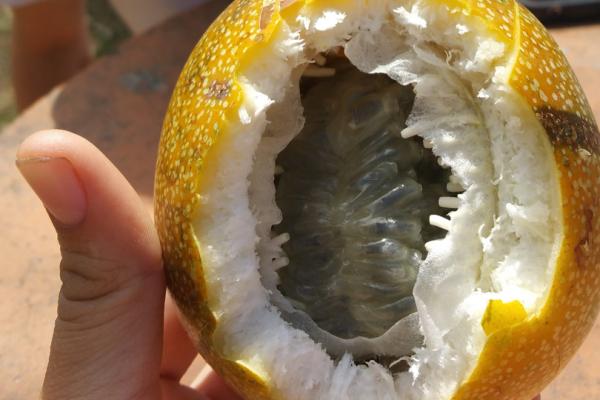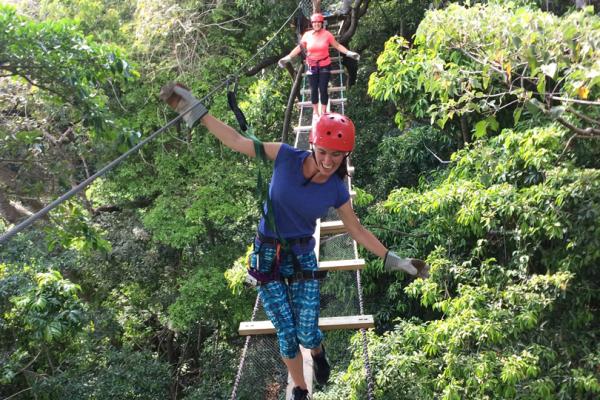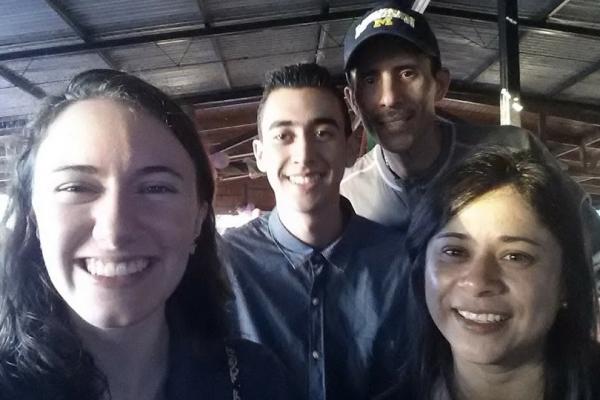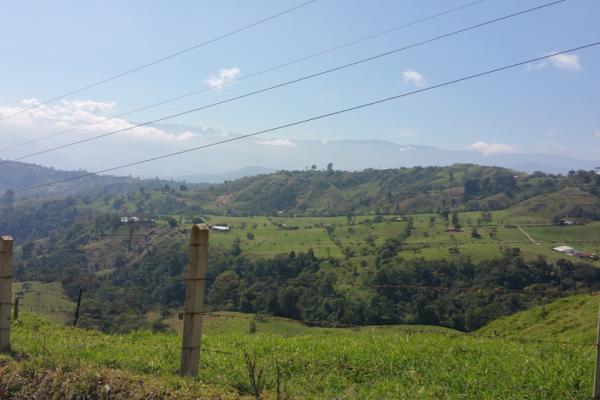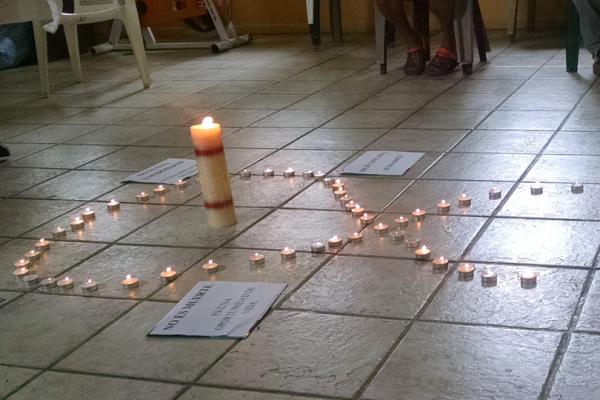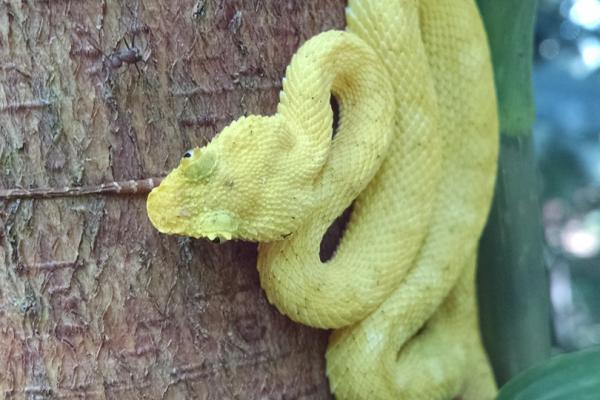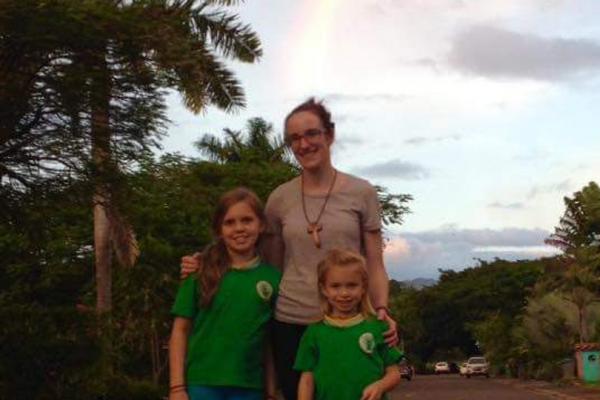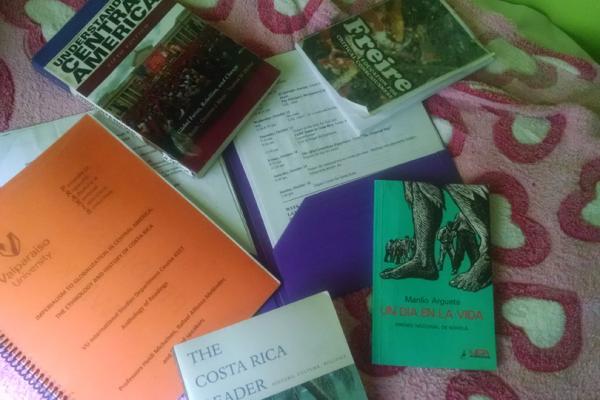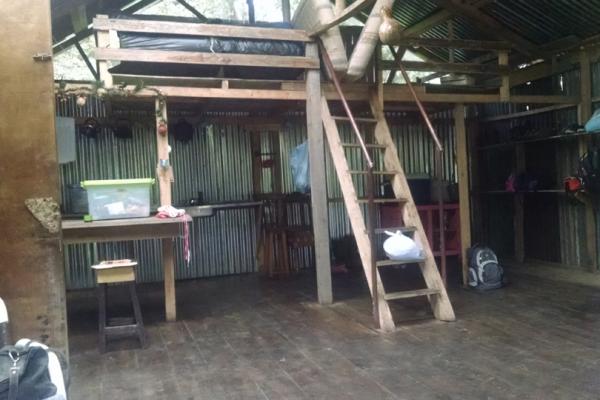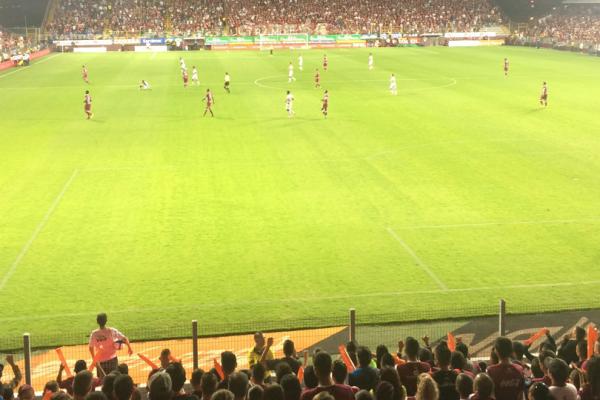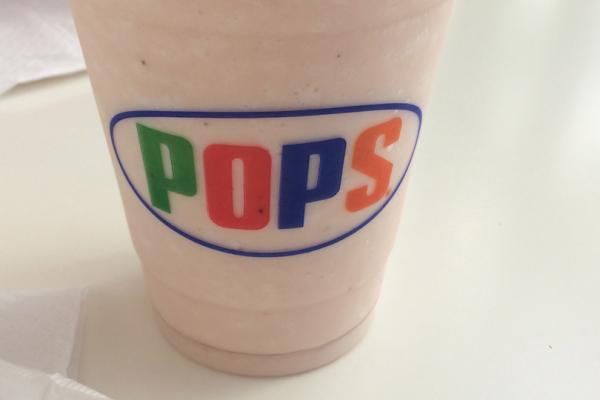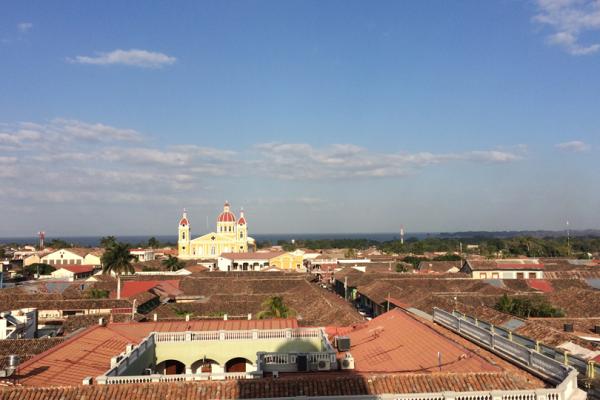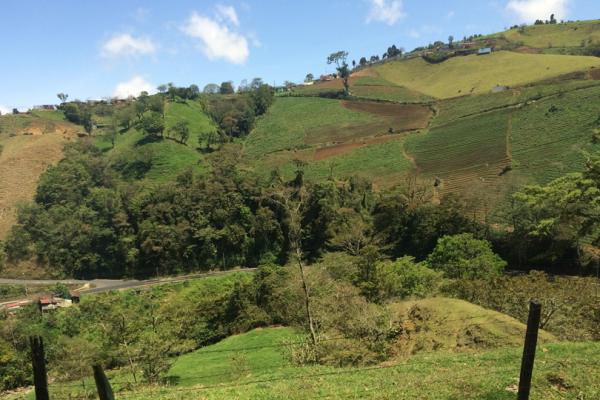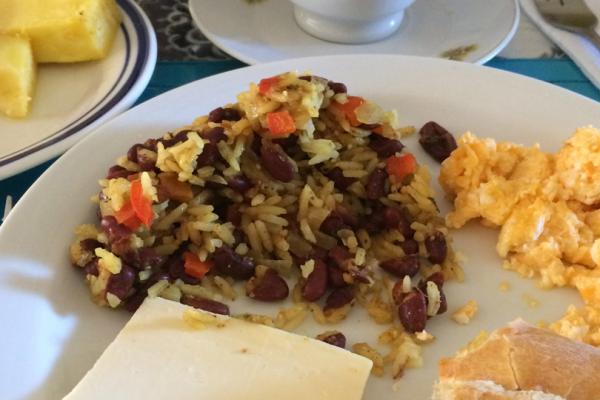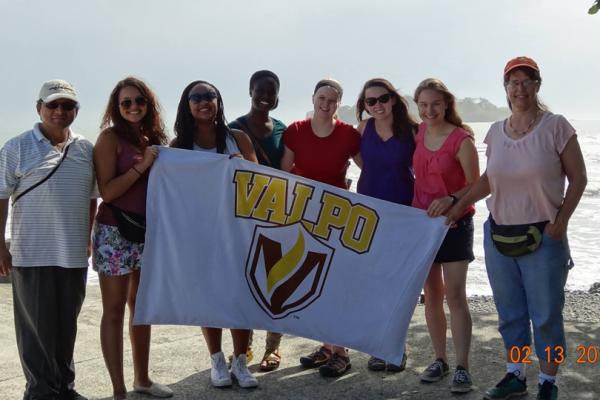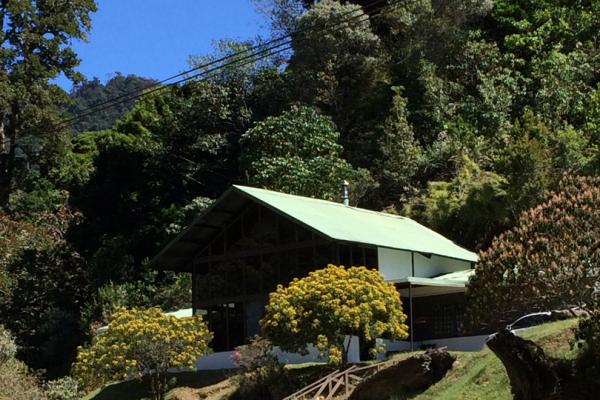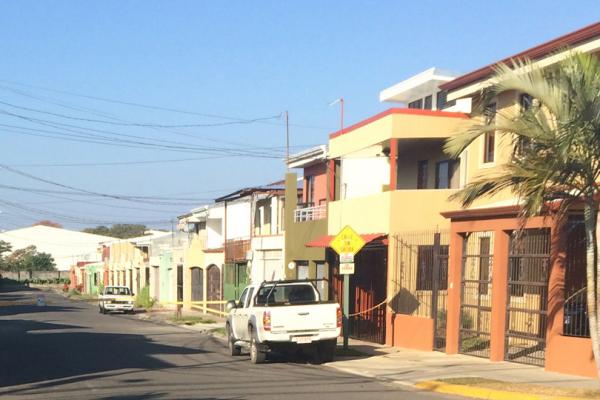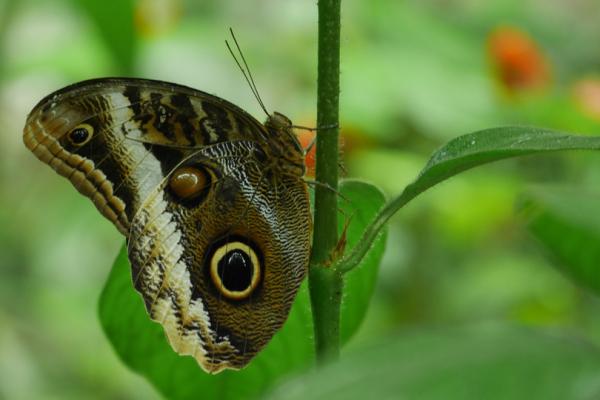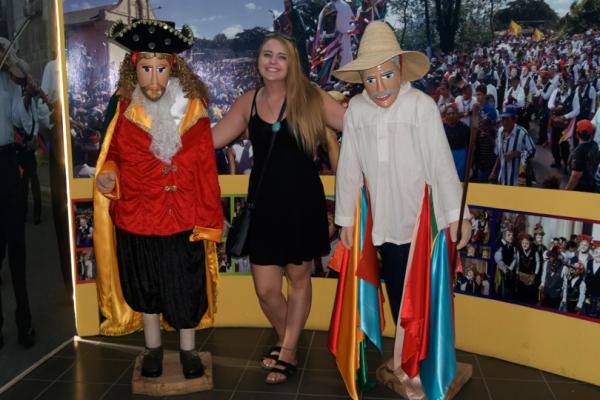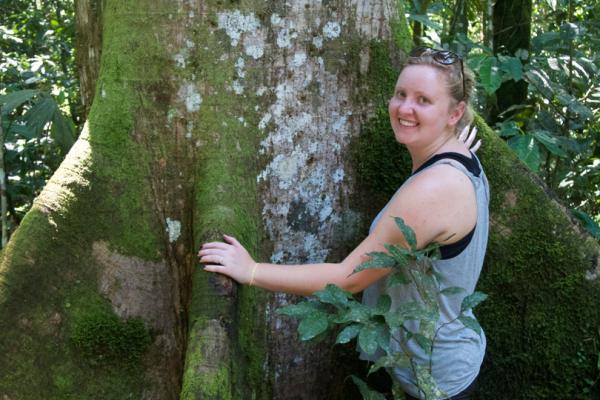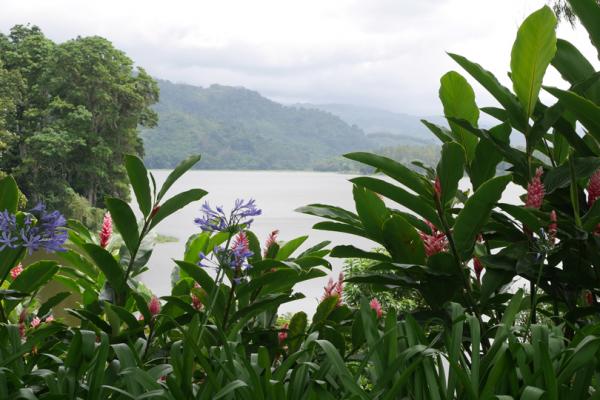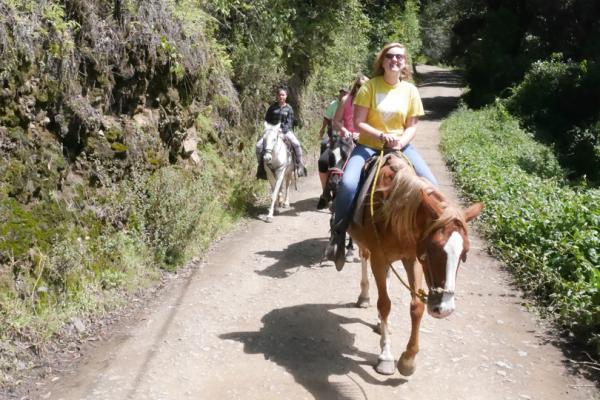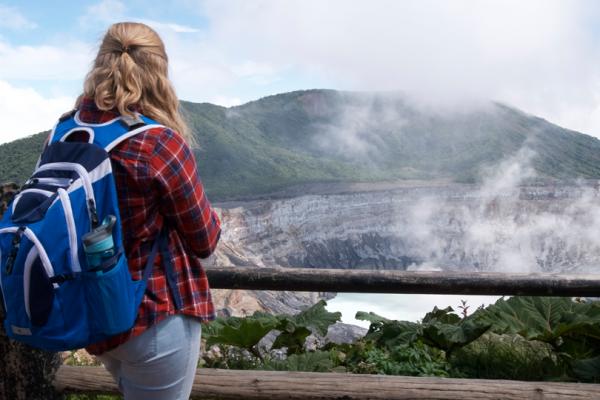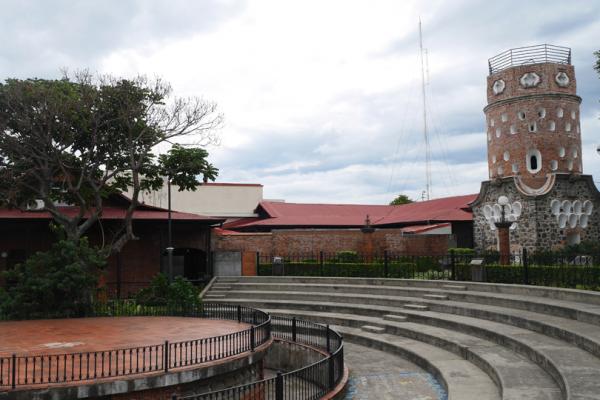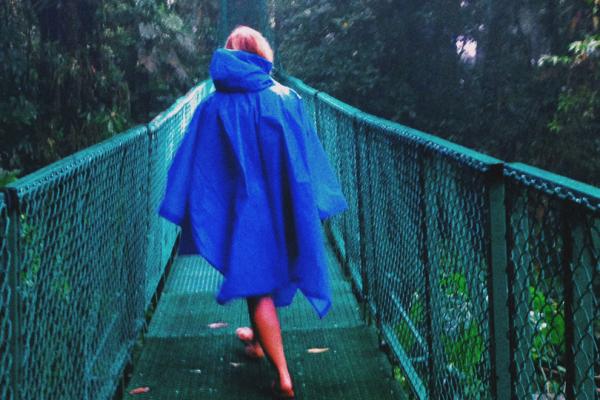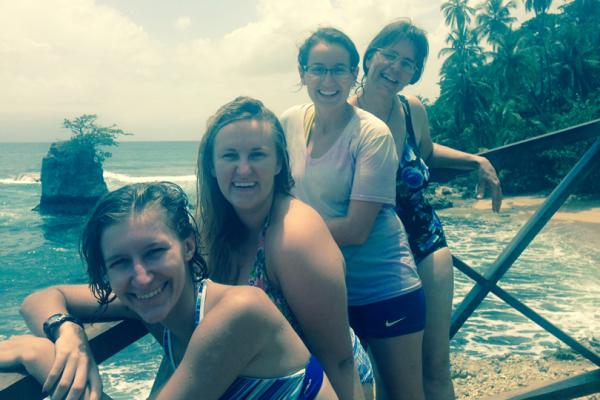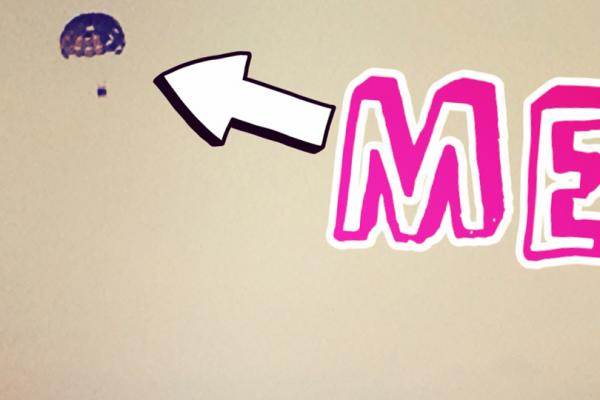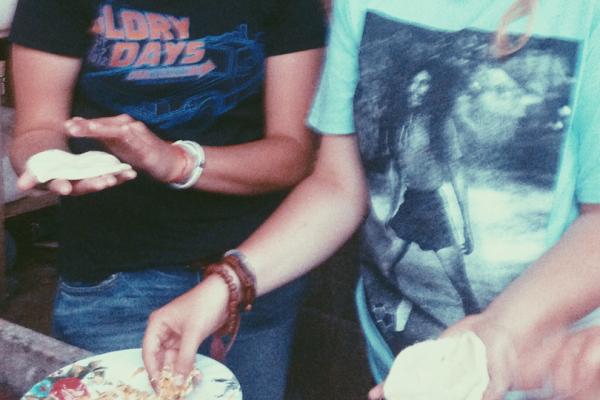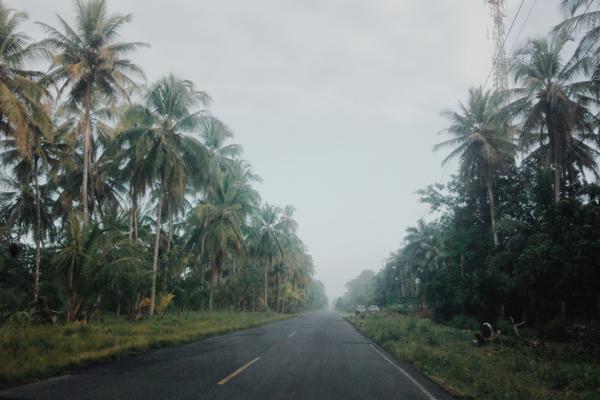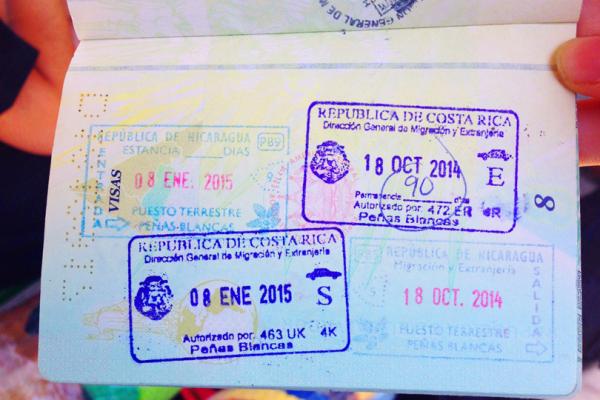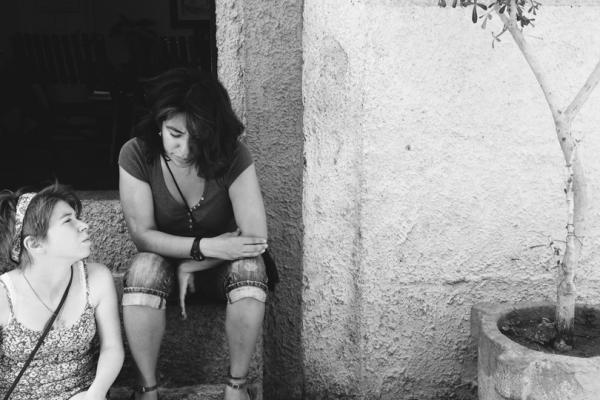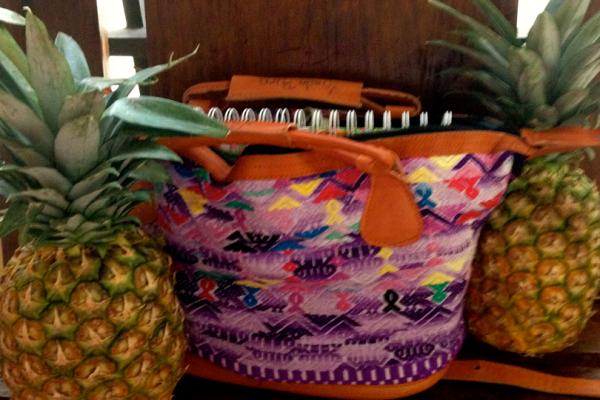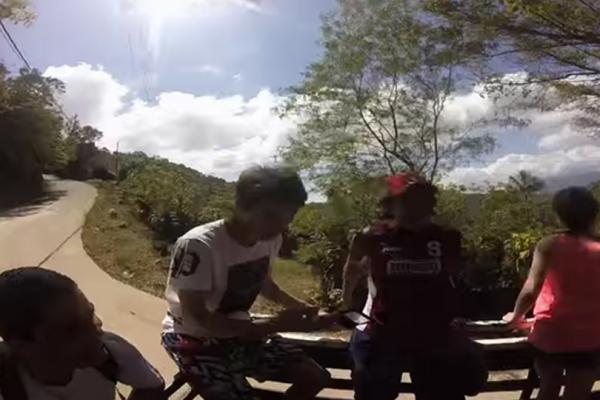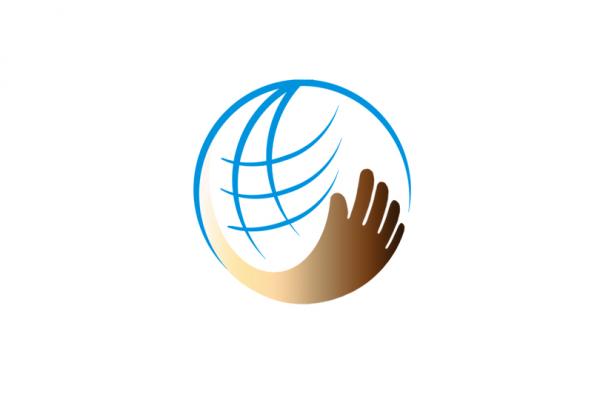ABOUT US
What is PRAXIS CENTER?
in Central America and North America for relationships of trust and mutual sharing of gifts.
How we work?
What does PRAXIS CENTER do?
We are also the Costa Rica Study Center for Valparaiso University (Valparaiso, IN).
What does PRAXIS CENTER mean?
Heidi Michelsen
Director & Founder
Roland Harris
Internship Coordinator & Web Designer
Marta Sobalvarro
Leader - Service Learning Teams
Jéffer Saldívar
Healthcare Inventory & Service Learning Teams
Dr. Amy Buckenmeyer
Consultant
Katherine Peters
Consultant
Marivi Agostini
Administrator
My name is Marivi Agostini, I’m a woman of faith with a social and spiritual vocation, which includes a willingness to accompany people in all aspects of their lives. I’m originally from Venezuela and have lived in Costa Rica since 2018. I studied administration and have an international certification in personal development. At Praxis I work as an administrative assistant and in the coordination of host families. I am also a human rights activist in defense of vulnerable people such as migrants, people with disabilities, women, etc. And I like singing and music.
OUR PROGRAMS
Language Study
Program
Service Learning
Learn more Apply now
Program
SEMESTER PROGRAM
WHY STUDY IN SANTO DOMINGO, HEREDIA?
- Enjoy easy access to the cultural, historic and urban resources of the capital city, San José.
- Select courses from a very wide variety of subjects, in Spanish and English.
- Practice Spanish and build your resume through internship and volunteer activities.
- Explore the vast rainforest, volcanoes, beaches and nature reserves on field trips.
- Learn how to get around on public transportation.
- Learn from Afro-caribbean and indigenous people.
- Participate in clubs and organizations in the neighborhood and at the universities.
- Discover other parts of Costa Rica on optional trips with your cohort or host family.
- Praxis Center Resident Director and staff are present on-site full time to welcome and support you at all times.
ABOUT THE PROGRAM
LOCATION
Santo Domingo, Heredia
Santo Domingo, in the province of Heredia was founded in 1869 and has a population of about 50,000. It is located about 5 kilometers (3.1 miles) from Heredia and 7 kilometers (4.35 miles) from San José. This makes it an ideal location to take advantage of the cultural activities of the capital while also enjoying a more relaxed suburban atmosphere.
The Santa Rosa neighborhood, where our center is located, is a typical Costa Rican small town, with a primary school, a high school, a catholic church, several evangelical churches, and many medium sized supermarkets. It also has a soccer field, a few clothing stores, several private gyms, barber shops, and some very good restaurants and bakeries. There is exercise equipment installed at several local parks.
Other amenities like ATMs, cell phone stores, doctors and dentists and the post office are located in Santo Domingo, about a 10 minute walk from Santa Rosa. In addition, we are located along the main commuter train route. Hop on the train to get to Heredia in 10 minutes and downtown San José in 15 minutes. There are also many different bus routes that pass through the neighborhood.
Casa Paz y Flora
Casa Paz y Flora is the name of our Study Center in Santa Rosa. It provides classroom space, a library, kitchen and dining area, bathrooms, living room and a large garden with trees, flowers, and hammocks for student use.
LIVING ACCOMODATIONS
Living Accommodations-Homestay
You will move in with your host family as soon as you arrive. All the families are located within easy walking distance of our center. The program staff also live close by and are readily available for assistance and support.
Your host family will provide you with two meals per day, a private room, access to wifi, and laundry service. They will treat you as a guest member and will serve as a good source of local practical information and advice about how to use the public transportation system, where to buy certain items, and what cultural events are happening around town. Living with a host family is an amazing way to practice your Spanish and learn about Costa Rican customs. It is often mentioned by former students as the highlight of their time here. As a general rule, we place only one student with each family in order to provide maximum opportunity for the student to be immersed in the Spanish language.
PASSPORT AND VISA
Passport
In order to participate in the program, you must have a valid passport which will not expire within 6
months of your planned return date. If you do not have a passport yet, it´s a good idea to apply for one
as soon as possible. U.S. citizens can go to the U.S. State Departments´website for more information
about passports and processing time.
Visa
You do not need to apply for a visa ahead of time. U.S. and Canadian citizens will receive a 90-day
tourist visa at the airport upon arrival in Costa Rica, and the Costa Rican government has recently
extended this period to 180 days.
Non-U.S. Citizens
Check with your home country consulate, as well as the website of the Costa Rican embassy in the U.S. regarding visa requirements. It´s a good idea to allow plenty of time to apply for the visa.
CALENDARS
Application Deadline | Students arrive | Orientation begins | Classes begin | Holy Week
Spring Break Study tour | Program | Students depart |
|---|---|---|---|---|---|---|
October 15,
2023 | January 4,
2024 | January 5,
2024 | January 8,
2024 | March 23-27,
2024 | May 6,
2024 | May 7,
2024 |
ACTIVITIES
FIELD TRIPS
Some of the out of town field trips taken every semester are:
- Guayabo National Monument, an archeological site from the 1400s, featuring ancient aqueducts and petroglyphs.
- Longo Mai, a rural community in Southern Costa Rica, where former refugees from El Salvador cultivate the land and welcome tourists from all over the world.
- Limón province and Cahuita National Park, where we´ll engage with Afro-Costa Ricans and Indigenous people, learn how to make chocolate, and enjoy the natural beauty of the Caribbean.
- Orosi and Cartago, the colonial capital and site of the Basilica of the Virgin of Los Angeles, patron saint of Costa Rica.
- A trip to a neighboring country, to learn about their history and culture.
OPTIONAL TRIPS
- Poas and Irazú volcanoes.
- Arenal Volcano and La Fortuna hot springs.
- Monteverde Cloud Forest.
- Central Pacific beaches: Jacó, Quepos, Dominical.
- Beaches in Guanacaste province.
- Ziplining, Tubing, hikes to waterfalls.
FEES
FEES
Program Fee Includes:
- Tuition and fees at all local universities.
- Textbooks and materials.
- Personalized housing placement service.
- Housing with host family, two meals a day, wifi access and laundry service.
- Pre-departure advising.
- Transcripts.
- Airport pick-up and return.
- On-site orientation.
- 24 hour local emergency staff support.
- Program organized field trips.
- Internship placement.
- Volunteer opportunities.
COURSES
SPRING AND FALL 2024
Internship may be taken for 1-6 credits Internship may be taken for Spanish credit, and may also count for many other majors.
Please communicate with the staff if you would like to see a syllabus for any of these courses.
Summer Intensive Language Study
- Intensive Spanish instruction, taught by native speakers in small classes at accredited universities and language schools.
- Volunteer service in the community to practice speaking and comprehension skills.
- Homestays with carefully selected families. Homestay includes private room, 2 meals per day, laundry service and access to wifi.
- Includes airport pickup and drop off, and orientation activities about the culture, the cultural adaptation process, and the public transit system.
- Weekend overnight excursions and field trips to sites of historical and cultural interest included at no additional cost.
- Continuous supervision and support from bilingual staff 24/7.
Housing, 2 meals per day, laundry service, orientation, staff support.
3 course credits (48 hours) and supervised community engagement (volunteer placement)
- 4 weeks: $2,950
- 5 weeks: $3,250
- 6 weeks: $3,500
- 8 weeks: $4,000
- 10 weeks: $4,500
Grammar and Conversation (at 6 different levels), Latin American Literature, Literature Written by Women, etc.
ELECTIVE COURSES IN ENGLISH:
Elective courses available in Spanish or English in: Art, Business Administration, Communications, Dance, Economics, Environmental Studies, Biology, Healthcare, History, Psychology, Philosophy, Photography, Sociology, Theology and more.
Fees include one 3 credit course. Additional courses may be taken for a fee of $1,000 per course.
- HEALTHCARE: assisted living centers, primary care clinics, public health, physical therapy, veterinary medicine, dentistry, rehabilitation, hospice, etc.
- SOCIAL WORK/PSYCHOLOGY/NON-PROFITS: agencies and programs involved with: women, children, domestic violence, LGBTQ concerns, immigrants, substance abuse, housing issues, etc.
- GOVERNMENT & INTERNATIONAL AGENCIES: Law offices, United Nations Program on Crime Prevention, etc.
- EDUCATION: Schools, day care centers, after school tutoring, arts, music and dance enrichment programs.
- RELIGIOUS ORGANIZATIONS: programs with children and youth, sports, worship, camps.
- BUSINESS: small businesses, marketing and social media, non-profits, micro-credit.
- BIOLOGY, ENVIRONMENTAL STUDIES: habitat preservation, organic agriculture, watershed restoration, animal rescue.
- ENGINEERING, METEOROLOGY, NUCLEAR FUSION: Alternative energy, water treatment, weather forecasting, research in nuclear plasma, etc.
- ANTHROPOLOGY: Museums, indigenous communities.
- Miscellaneous expenses for lunches, public transportation and entertainment: $65 -- $90/week.
Summer Internship Program
- Placement in professional internships according to students' interests and skills.
- Homestays with carefully selected families.
- Homestay includes private room, 2 meals per day, laundry service and access to wifi.
- Informal non-credit Spanish classes offered a few hours a week.
- Orientation activities about the culture, the cultural adaptation process, and the public transit system.
- Weekend overnight excursions and field trips to sites of historical and cultural interest included at no additional cost.
- Transport to and from the airport included.
- Intermediate level of Spanish highly recommended.
- Continuous supervision and support from bilingual staff 24/7.
5 weeks: $2,400
6 weeks: $2,650
8 weeks: $3,150
10 weeks: $3,650
- Primary care clinic or hospice care facility.
- Veterinary, dental, or physical therapy clinic.
- Organic gardening, seed saving, tree planting, watershed restoration.
- After school tutoring program.
- Art and music enrichment program for teens.
- Work with refugees, teaching business skills.
- A residential treatment center for people with HIV and addictions.
- School for visually impaired teens and adults.
- Physics lab, doing plasma research.
- The National Weather Service.
- Legal office, doing document translation.
- Anthropology Museum.
- Digital media and marketing company.
- Dance studio and many more.
Spanish Language
Nearly all of our programs (except for short-term service learning programs) include Spanish courses as a requirement. This requirement may be waived for students with advanced language skills.
You will be placed in a class according to your proficiency level. Your primary goal for your time abroad may be improving your language skills, or earning credits for several courses in Spanish. You can accomplish these goals in Costa Rica! Take classes in grammar and conversation, Latin American literature, or specialized courses in Business Spanish or Spanish for Healthcare Professionals. We promise you that the experience of being immersed in the language with your host family and internship, and exploring the country on your own will take your abilities to new levels of fluency. Talk with us about the kinds of Spanish courses you`re interested in, and we will help you tailor a program to your specific language needs.
Service Learning
Service Learning programs have a lot of potential for making positive change in the world - both through the impacts made in communities and the personal transformation experienced by students. However, they also have a lot of potential for unintentional consequences and perpetuating colonial systems of power relationships.
At The Praxis Center, we care about both the positive and negative potential outcomes from these programs, and we work intentionally to follow the leadership of local communities in order to promote mutuality, and to maximize critical reflection by the students in order to promote true social transformation.
Customized programs
Whether it’s a gap year or semester you´re looking for, or student teaching in Costa Rica, or you want to create a short term program about a particular topic, our staff is ready to help you make it happen. With over 30 years of experience in working with groups from US colleges, high schools, and churches, we have a vast network of contacts and experiences to draw on. Some of the different programs we´ve designed in the past are: Short term trips with a focus on: healthcare, environmental issues, refugees, cultural and ethnic studies, politics, religion, business and economics, social work, education, and the arts. In addition, we have coordinated a student teaching program at an English language high school, sabbatical plans and many other volunteer and internship experiences. The sky's the limit!
Faith Based Groups
The experience of being in another culture and in vastly different material circumstances can be a profoundly spiritual journey, even a “conversion.” It may cause one to question many long-held beliefs and bring about a desire for more serious study of scriptural foundations. Issues of war and peace, wealth, poverty and justice all have deep roots in all religious traditions. Since all the core leaders of PRAXIS are people of faith, we are well suited to working with faith based universities, congregations and groups. At the request of the coordinator, service projects may be carried out with local church or religious groups; issues of faith and religion may be included as topics of study in readings, lectures and reflection questions, and optional worship and devotional experiences may be offered. At PRAXIS we believe that faith, learning and cultures can be brought together to strengthen one´s faith commitment as well as to bring about a more just society.
LIFE IN COSTA RICA
Health, Safety & Security
Costa Rica is one of the safest countries in the region, with a stable democratic government that has been in place for over a century. It also has a highly developed health system which provides our students with world class care should they become ill.
Having said this, our staff is always on the lookout for possible security threats. On arrival in the country, all students receive orientation about how to stay safe and healthy during their stay.
Most importantly, the Praxis staff have been living in Costa Rica for over 20 years, are well connected with their local community and have deep networks of resources to draw upon for advice and assistance. They have experience dealing with such situations as student illness, theft, weather events and the like. In addition, they live in the same neighborhood where students are housed, know the host families personally and are able to respond quickly to student needs.
Decisions and responses regarding student health, safety and security normally are made in consultation with, as appropriate: Praxis staff, local in-country resources, the host university in Costa Rica, the sending campus, US Embassy officials in Costa Rica, healthcare officials, and emergency service providers.
Emergency plans are reviewed regularly in light of standards of good practice in the field of off-campus programming, local regional advice, risk management consultations and experience gained through previous emergency events. However, it is also important for participants, families and campuses to recognize that Praxis Center:
- Cannot guarantee or assure the safety and/or security of participants or eliminate all risks from the study abroad/off-campus program environments.
- Cannot monitor or control all of the daily personal decisions, choices, and activities of participants.
- Cannot prevent participants from engaging in illegal, dangerous, unsafe, or unwise activities.
- Cannot assume responsibility for actions or for events that are not part of the program, or for those that are beyond the control of the staff or for situations that may arise due to the failure of a participant to disclose pertinent information.
Student & Teacher Testimonials
Contact us
Heredia, Costa Rica



